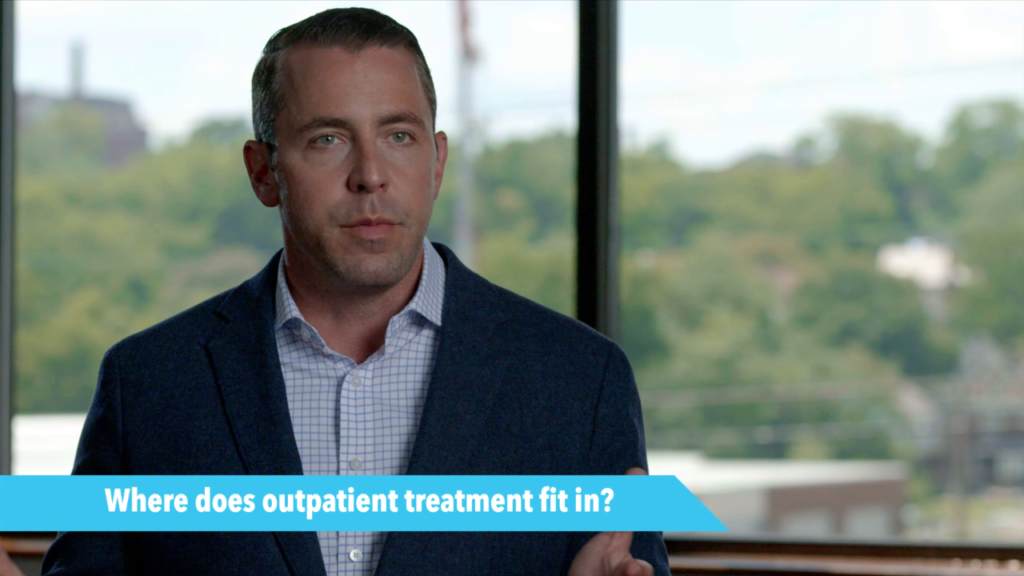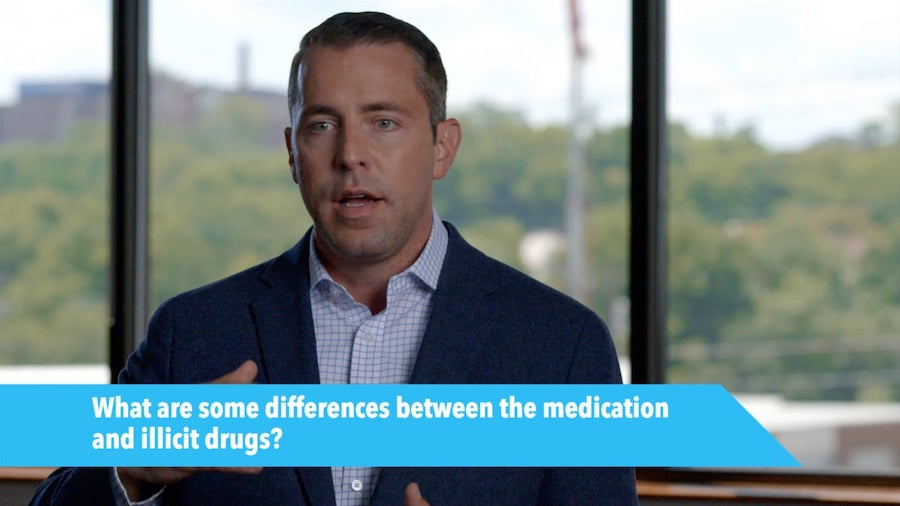DEPRESSANTS
Sedative-hypnotic drugs, often referred to as “depressants,” are designed to cause sleep, relieve muscle spasms, reduce anxiety, and prevent seizures. They do this by depressing the brain’s activity, often causing slurred speech, sluggishness, inhibited coordination, memory deficiencies, disorientation, and impaired decision making. The most common depressant is alcohol, but benzodiazepines and barbiturates fall into the category as well.
Barbiturates essentially refer to sleeping pills, including Amytal, Seconal, Pentothal, and Nembutal. Barbiturates can be highly addictive. Because of their effects on the brain, misuse can result in the inability to breathe or swallow properly, resulting in coma or death. Addiction or dependence on barbiturates can be overcome through medical group therapy, individual counseling, and social services.
Benzodiazepines were intended to replace more dangerous barbiturates, but share many of the undesirable side effects on the brain, including dependence. Name brands of benzodiazepines inclide Valium, Xanax, Halcion, Ativan, Klonopin, and Restoril. Lunesta, Ambien, and Sonata are sedative-hypnotic medications approved for the short-term treatment of insomnia that also share many properties with benzodiazepines. Other CNS depressants include meprobamate, methaqualone (Quaalude), and the illicit drug GHB. Withdrawal symptoms from benzodiazepines usually begin one to four days after the last dose was taken. Without treatment, a benzodiazepine addiction won’t simply go away on its own. With individual therapy, group counseling, and social services support, it is possible to help the brain heal.
HALLUCINOGENS
Hallucinogens are a class of drugs that cause altered awareness or hallucinations. Hallucinogens can be found in some plants and mushrooms (or their extracts) or can be made synthetically, and they fall into two broad categories: classic hallucinogens (like LSD) and dissociative drugs (like PCP). When under the influence of either type of hallucinogen, people often report intense and unpredictable emotional swings, strange sights, weird sounds, and sensations that seem real but are not. While there is research on hallucinogens causing dependence, they are generally less addictive than opioids or stimulants. Addiction or abuse of hallucinogens should be treated in a comprehensive program that uses individual counseling, group therapy, social support, and medication.


